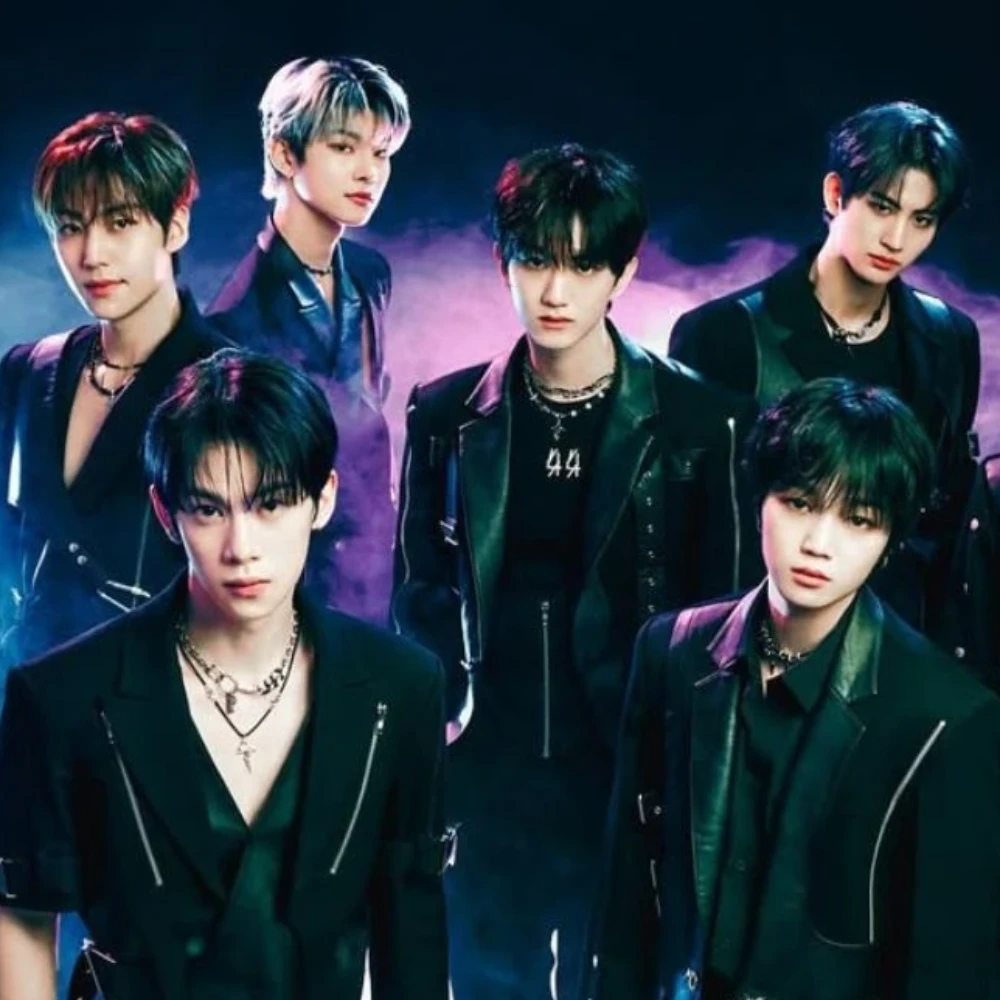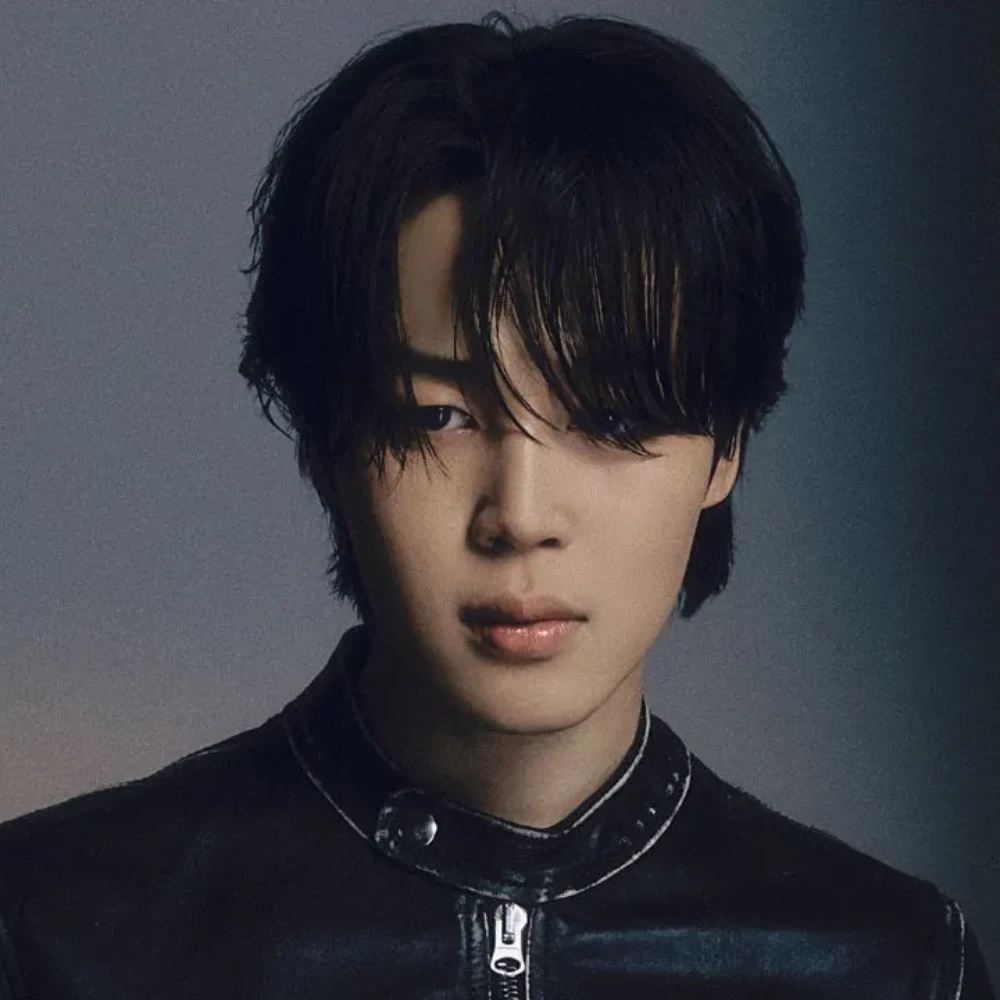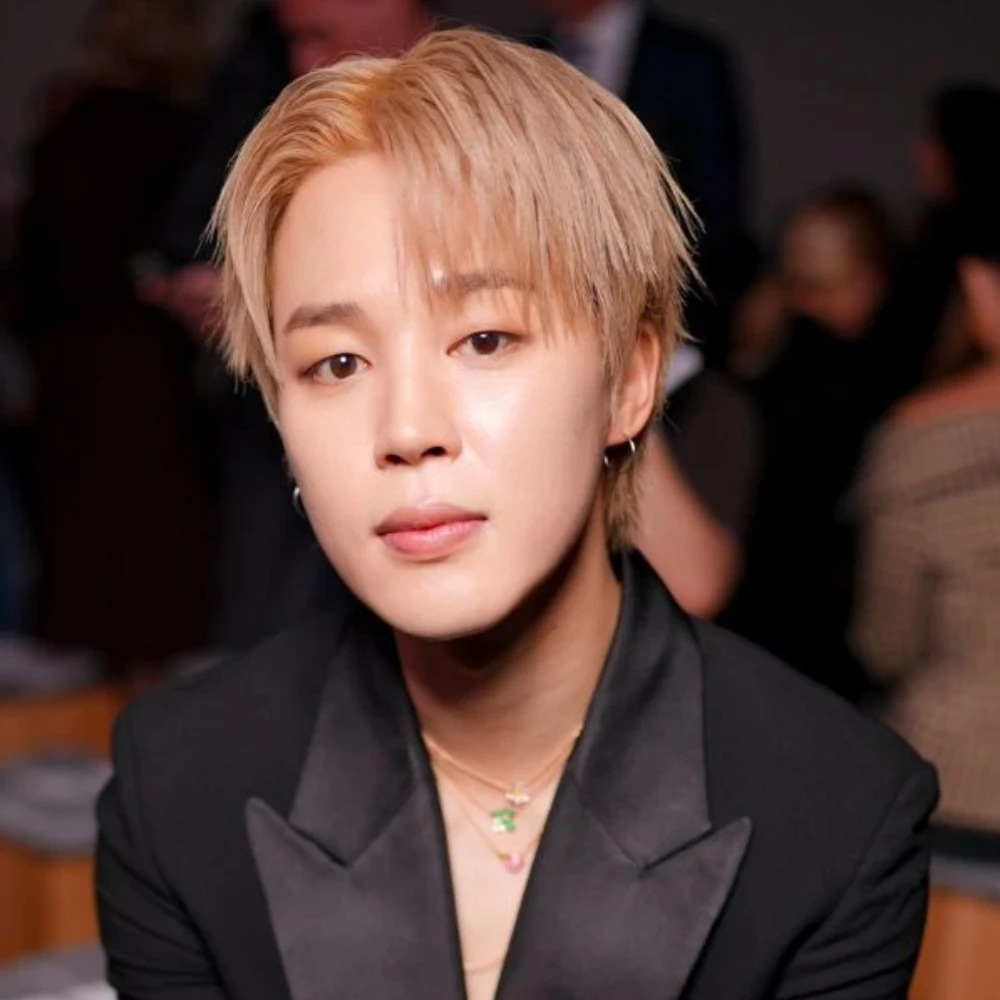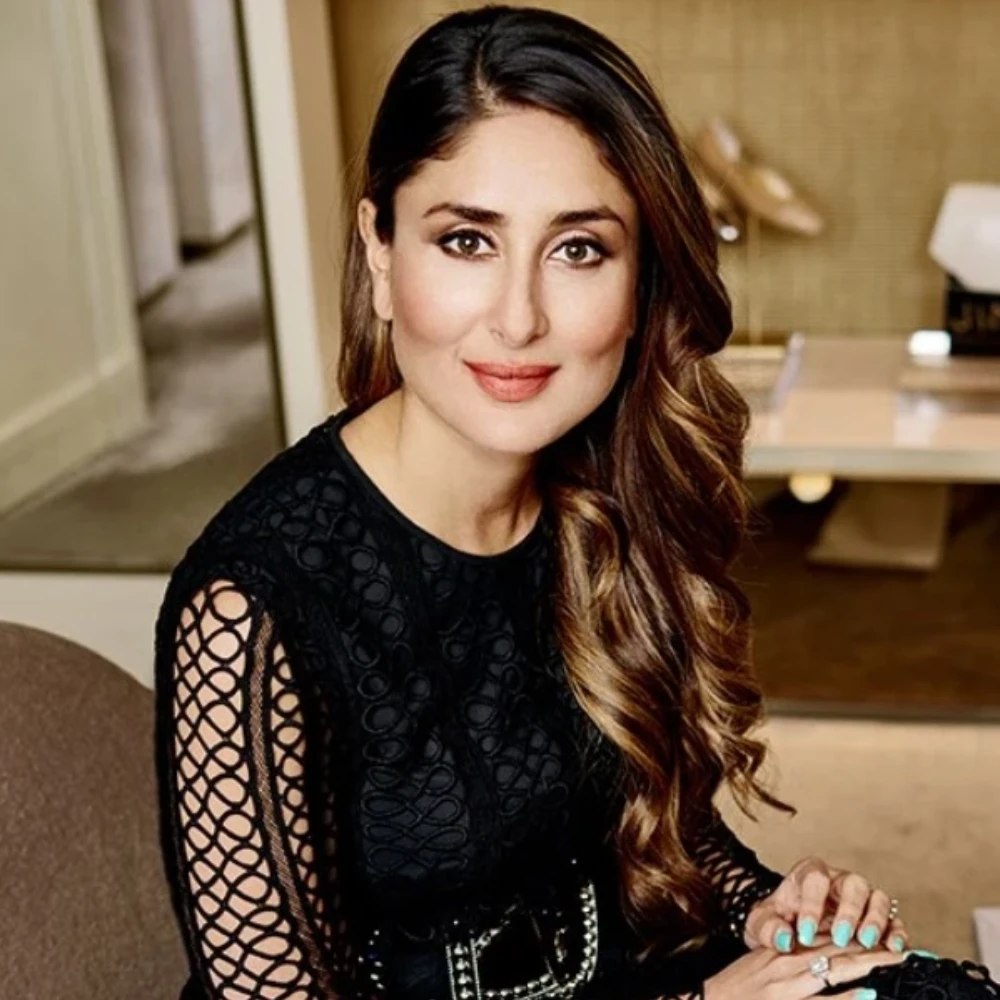Does BLACKPINK’s Rosé have ‘white complex’? Netizens debate her consistent blonde hair and recent music copyright choices
BLACKPINK’s Rosé faces backlash over claims of having a ‘white complex’ due to her blonde hair and shifting music copyrights to U.S.-based organizations. Read more here!

BLACKPINK’s Rosé has recently become the target of intense scrutiny, with accusations of harboring a ‘white complex’ making waves across social media. The controversy stems from two main decisions: her long-standing choice to maintain blonde hair and her recent move to transfer her music copyrights from Korea to U.S.-based organizations.
Rosé, who was born in New Zealand and raised in Australia, has sported blonde hair since her debut with BLACKPINK. While many fans view her platinum blonde locks as part of her personal style and image, others believe it reflects an attempt to align with Western beauty standards. Critics argue Rosé’s commitment to blonde hair, linked to Western ideals, fuels debate about her embracing a more Westernized appearance.
The controversy reached a peak when it was revealed that Rosé had chosen to withdraw her music rights from the Korea Music Copyright Association (KOMCA) and transfer them to U.S.-based entities like ASCAP and BMI. This move was major because it was largely unprecedented for a major K-pop artist, especially one as high-profile as Rosé. Some speculated that it indicated a shift away from the Korean music industry, as the only other notable example of such a move came from Seo Taiji in 2002. Critics quickly pointed to this as evidence that Rosé was prioritizing Western business practices over her ties to Korea.

However, many of Rosé’s supporters have strongly defended her actions, framing them as calculated and career-driven decisions. They argue that her choice to transfer her music copyrights to the U.S. is a strategic move aimed at maximizing her global reach. The U.S. music industry is often seen as more systematically organized and efficient, especially when it comes to managing international careers. For a global star like Rosé, expanding her reach and managing her music rights from a U.S.-based entity could provide more effective opportunities for her to grow her career worldwide.
Supporters also highlight Rosé’s dual citizenship and her international upbringing, pointing out that these factors naturally influence her decisions. She has lived in both New Zealand and Australia, making her more exposed to Western culture. Fans stress that these decisions are less about distancing herself from her Korean roots and more about managing her career effectively on the global stage.
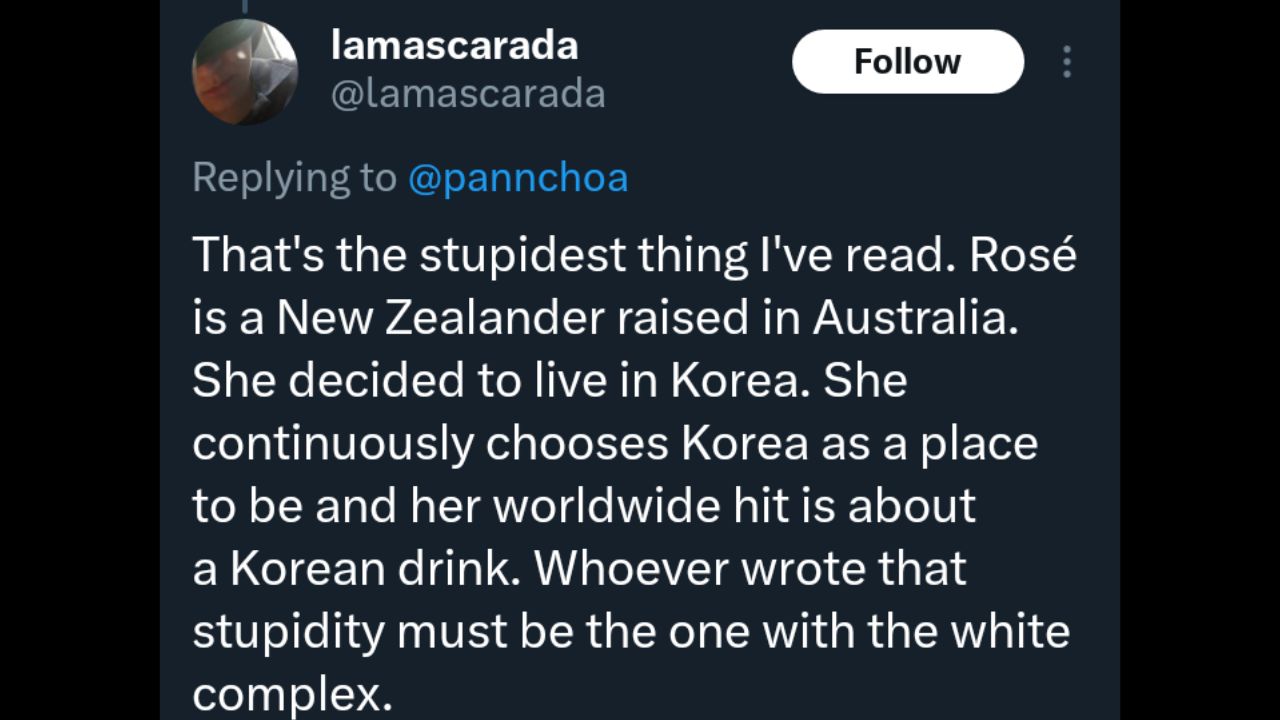
Rosé herself has consistently expressed pride in her Korean heritage. Despite the recent criticisms, she has often showcased her love for Korean culture through her work. She frequently incorporates Korean elements in her music and public appearances, and she has expressed her deep affection for Korean food. For many fans, this reinforces the belief that Rosé has not abandoned her Korean identity but rather seeks to balance it with her growing global presence.
Despite these defenses, the controversy remains ongoing, with critics and supporters locked in an intense debate. Some still argue that Rosé’s decisions reflect a deeper desire to conform to Western ideals, while others believe that the criticisms are based on misunderstandings of her career choices.
ALSO READ: BLACKPINK's Rosé surprises fans with APT. joining Coldplay at Seoul concert; watch





 JOIN OUR WHATSAPP CHANNEL
JOIN OUR WHATSAPP CHANNEL


















